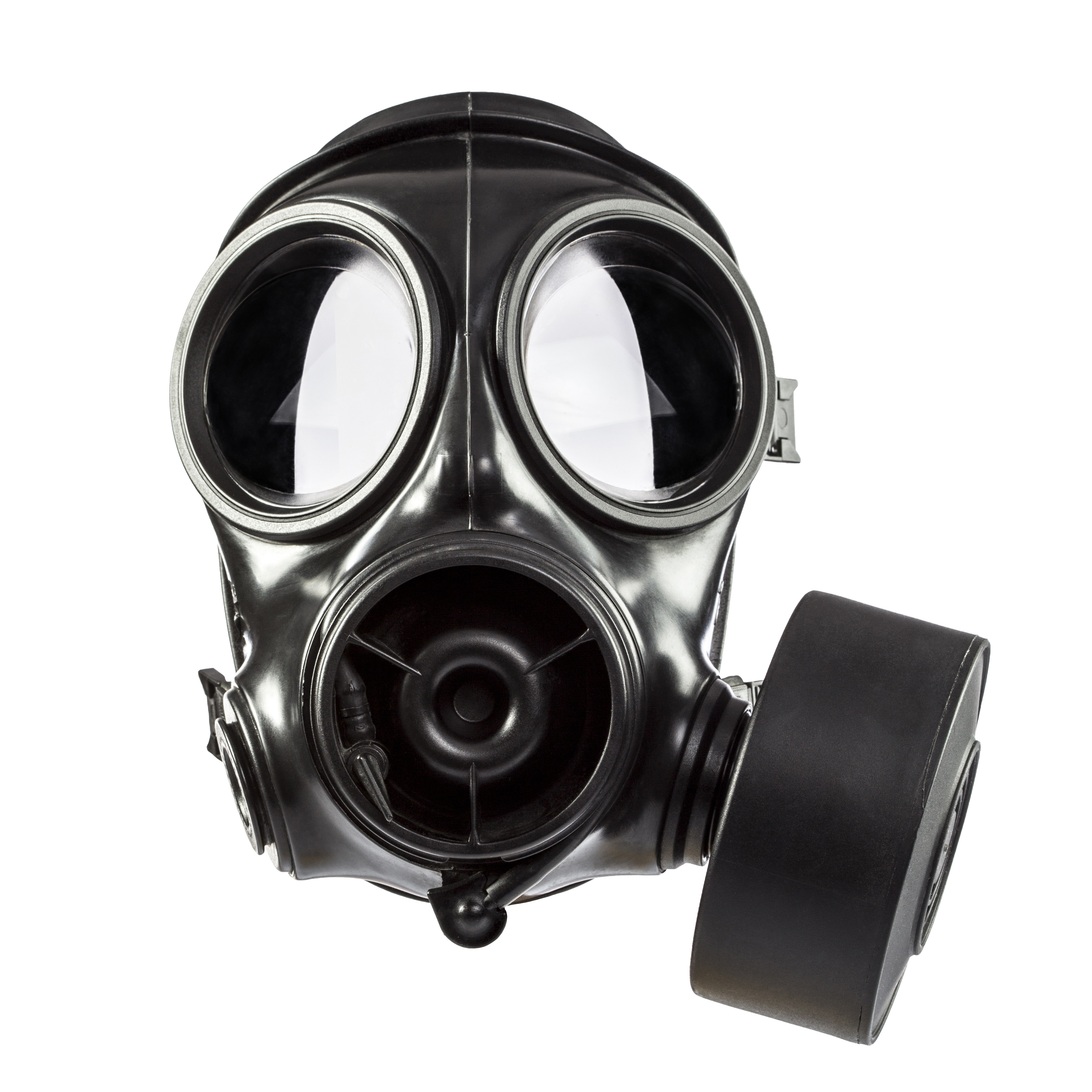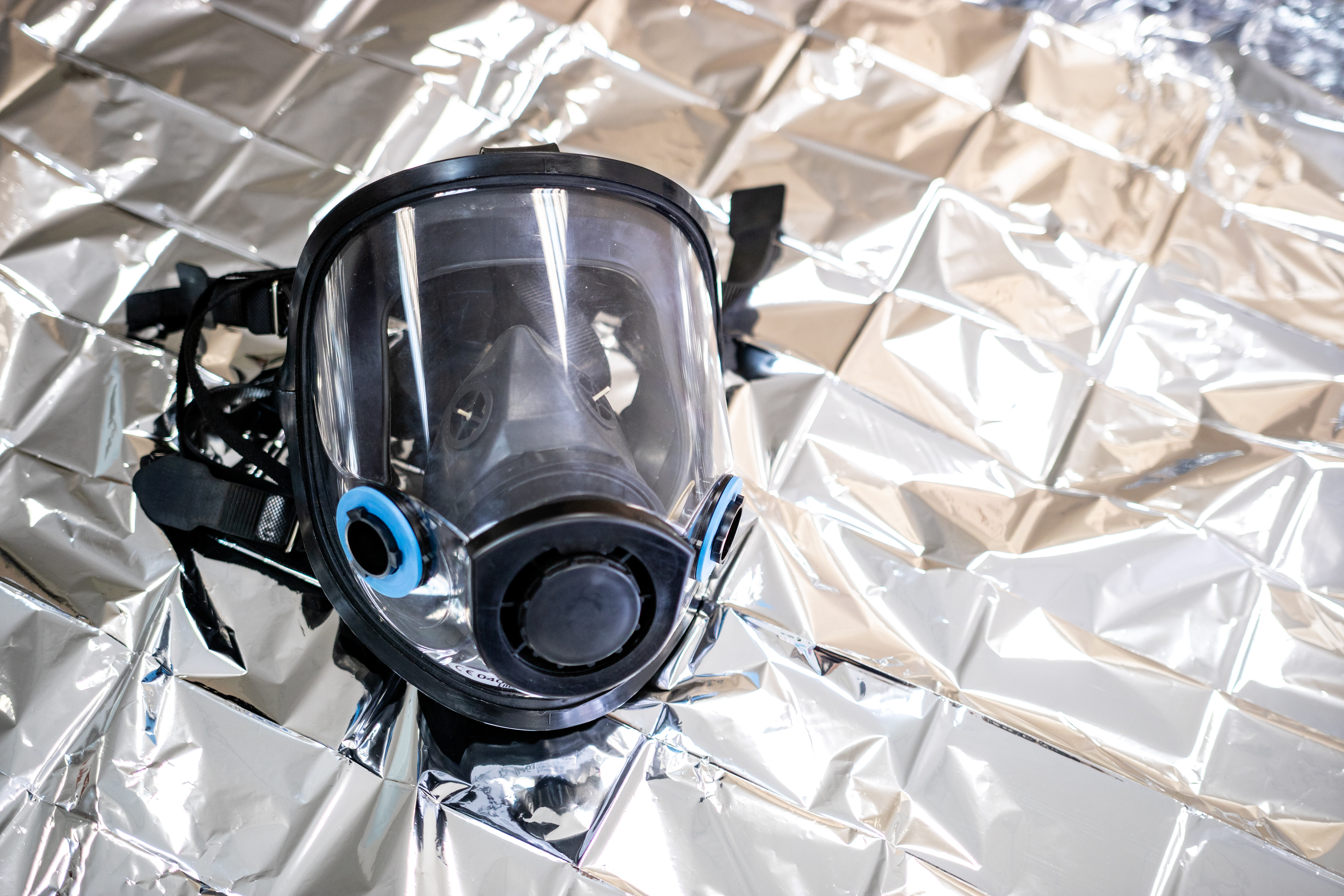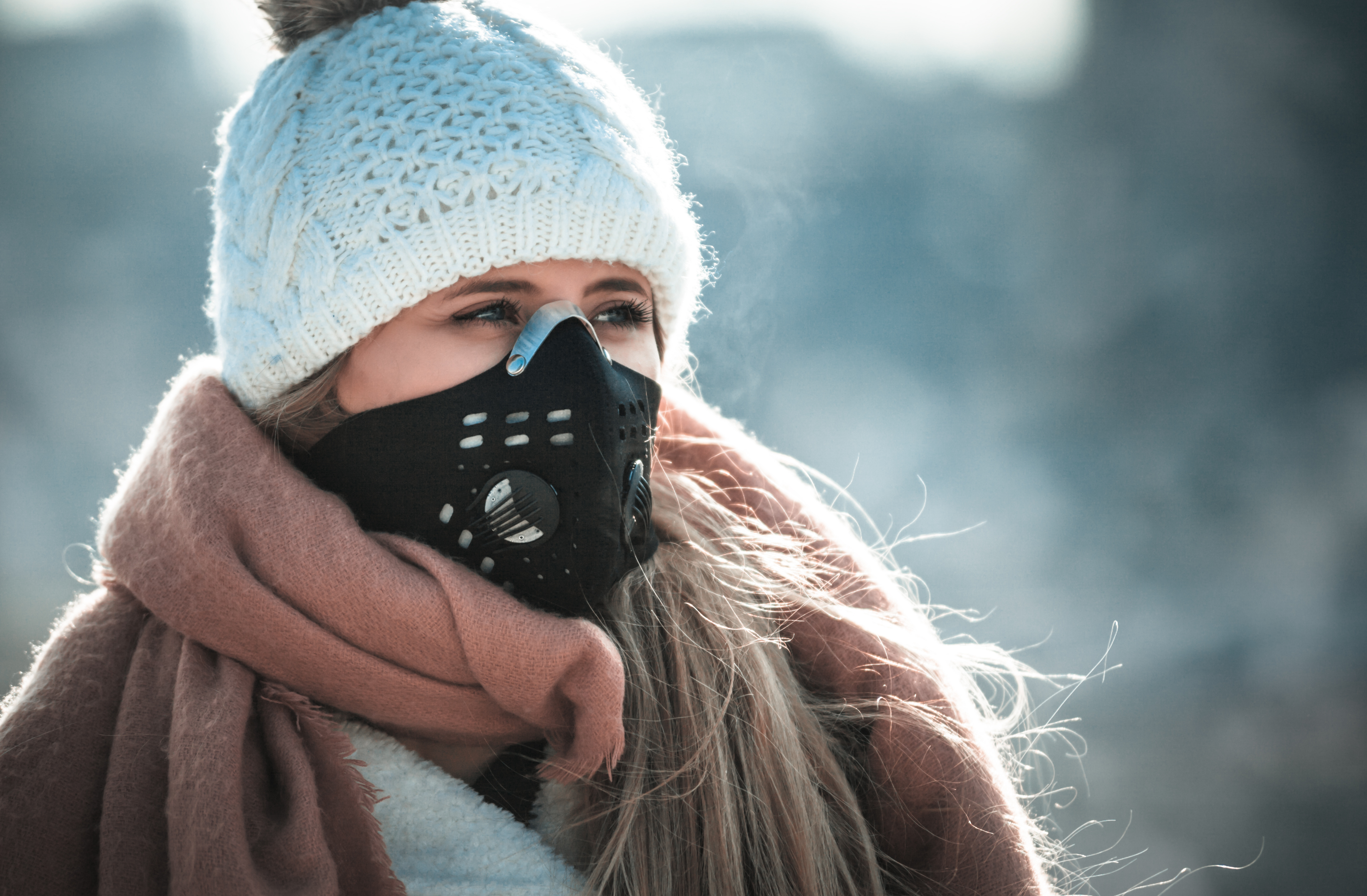
Masks are often the first line of defense when it comes to smoke, chemicals, and disease. Gas masks are used by the US military and are sometimes sold by military surplus stores. However, are these models actually effective for civilian use?
Approved Gas Masks (AGM) sells gas masks to businesses and police departments that are officially certified to protect against toxins in the air. Although gas masks are available through military surplus stores, they cannot guarantee the safety of masks as life-saving devices for civilians.
Gas masks can be helpful in a variety of circumstances, but you must have a functional one that is certified. For more information about how a gas masks work, when to use the different types, and resources to buy an approved one, there’s plenty more to learn.
When Do You Need A Gas Mask?
In many day-to-day situations, you won’t need any type of mask. However, after the rise of the COVID-19 pandemic, more and more people have begun to wear masks frequently.
But not every type of mask is useful for a given situation. They have specific purposes and uses, and some masks will be useless against certain hazards.
Military gas masks are generally used to protect against dangerous chemicals, poison, heavy smoke, and fumes. Most people won’t run into these problems in everyday life, so a military-grade gas mask isn’t usually necessary.
There are lower-level masks that are cheap, easy to obtain, and more likely to be useful. These include cloth face masks that protect against things like disease, pollen, and other airborne particles. Another common option is an N95 mask which can be used to filter out dust, smoke, and other irritating particles.
These two types simply cover the nose and mouth and filter air through a screen or material that helps clean the air before it’s inhaled.
It’s unlikely that you’ll ever need to have certified gas masks, but they are more powerful and effective. These form an air-tight seal around the wearer’s face and pulls all outside air through a filter. To make sure they’re effective, these filters usually need to be replaced after a certain period.
If you would really like to have a certified gas mask on hand, there are a few options that have been proven to be effective.
Best Military-Level Gas Masks

Military surplus stores may offer gas masks, but they usually cannot guarantee them for civilian use because of the wide range of manufacturers and potential damage an unsafe mask could cause. They may or may not work, so it’s best to err on the side of caution and go with another vendor if possible.
A good alternative is Approved Gas Masks (AGM). They have a website catalog of certified and approved gas masks. These are available for civilians to purchase and these are often used by police departments and private businesses.
North 7700 Half Mask
For more information on this mask, as well as contact information and local availability, visit this link.
DP (Domestic Preparedness) Gas Mask
For more information on this mask, as well as contact information and local availability, visit this link.
Evolution 5000 Military Gas Mask Kit
For more information on this mask, as well as contact information and local availability, visit this link.
MSA OptimAir® 6A PAPR
For more information on this mask, as well as contact information and local availability, visit this link.
Scott AV2000 Facepiece
For more information on this mask, as well as contact information and local availability, visit this link.
The Different Mask Types

Cloth Mask
The cloth mask is the easiest one to make, find, or buy. These are commonly used to protect against airborne diseases and water droplets. They provide a basic layer of protection between the wearer and the outside world.
These masks are not air-tight and don’t have any special filters, so they’re only suitable for basic day-to-day disease hazards. In pollen season, they might help a bit too, just because of the extra layer it has to go through!
N95 Mask
N95 masks are used for more heavy filtration and can be effective against smoke, dust, and smog. They can also be used for protection against some diseases, which is why surgeons often wear this type of mask.
These masks can filter out heavier particles and are great for a wide variety of exterior hazards.
Chemical Respirator
There are many different types of chemical respirators, but generally, these protect against fumes and airborne chemicals that should not be inhaled.
These usually aren’t very effective against particles such as dust, but they can protect against spray paint, strong cleaning products, and other harmful gasses. They usually only cover the nose and mouth as well, with no eye protection.
Poison Gas Mask
These masks are typically the ones that come to mind when you think of World War 1 trench warfare. These generally cover the entire face and include glass eye protection. They also used filters that would clean the air before it was inhaled.
These gas masks were designed to filter the air that had been poisoned by chlorine gas, mustard gas, or other harmful substances used in warfare. They don’t have many applications beyond military purposes and these models aren’t used quite as often in modern times.
Self-contained Breathing Apparatus (SCBA)
SCBAs are used to protect the wearer in life-threatening conditions. The equipment includes a full-face mask that covers the nose, mouth, and eyes. It often has a hood attachment that enables it to cover the entire head.
As the name implies, this mask doesn’t use any kind of external source for breathable air. It comes with a tank of clean, compressed air that is safe to breathe. This is then fed into the mask, providing the user with a canister of safe air. No matter what dangerous material is in the air, an SCBA will keep you safe.
If the acronym sounds similar to “scuba” that’s because they have the same basic function! The only difference is that scuba gear is designed to function underwater, while SCBAs are for dry land.